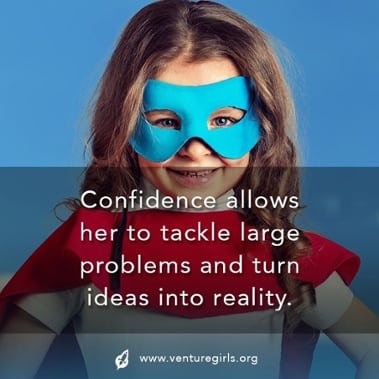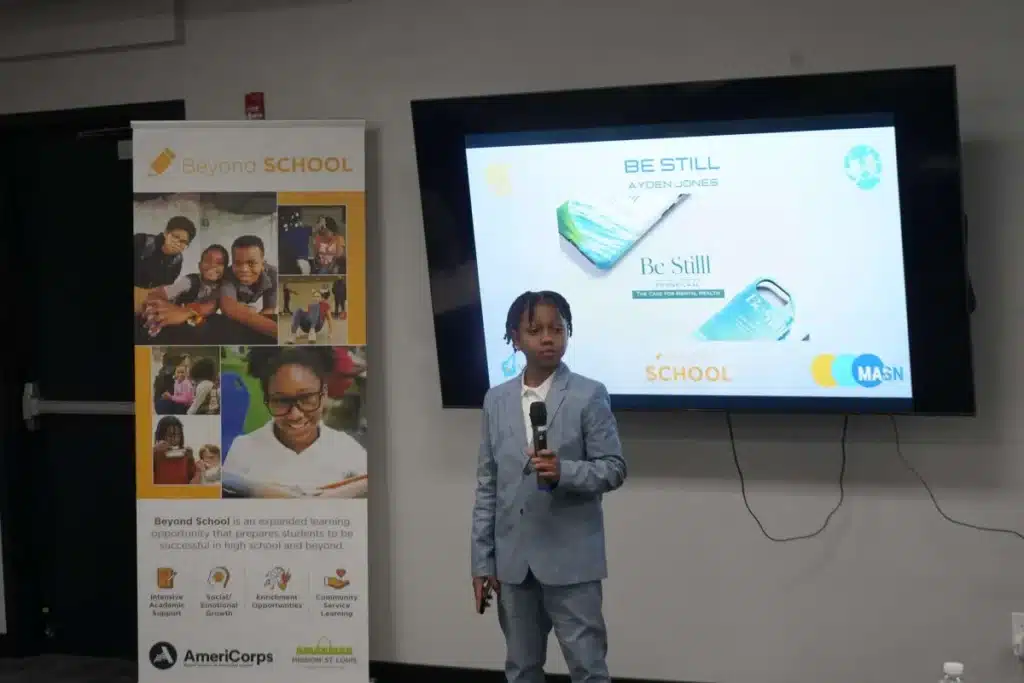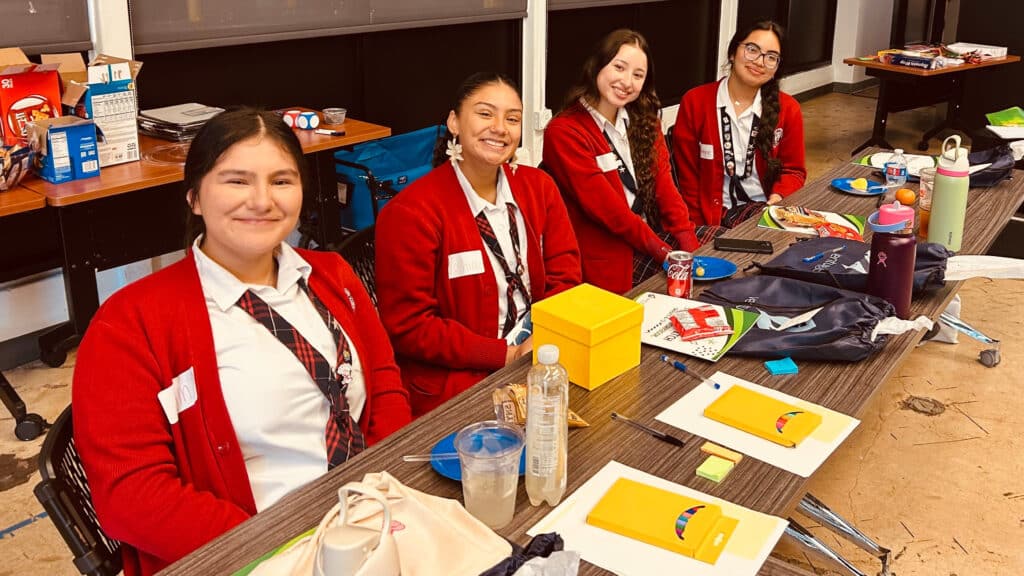Our mindset and the way in which we think affects how we think. The celebrated psychologist Carol Dweck has written about mindset in her research surrounding motivation, personality and development. Her writings are included in her book, Mindset: The New Psychology of Success.
Before Dweck’s research, which shows how important it is to emphasize mindset, such potential developments in a girl’s brainpower and outlook seemed like wishful thinking. But that thinking has begun to change. The sooner the growth mindset process starts, the more likely it is that a girl will acquire and absorb this life-altering message and do what she can to make herself smarter.
VentureLab’s success in helping even the youngest students understand and engage with entrepreneurial concepts is clear evidence of the feasibility of teaching complex concepts to girls of any age, as long as you take the proper approach.
I think we should start teaching entrepreneurial concepts to children when they’re 5 years old, which is what we do at VentureLab. This is an important developmental time for children. They are forming new synapses at rapid rates. Studies show that kids have an amazing capacity to learn, and the brain’s plasticity and ability to soak up and understand information is at its highest level then.
From ages 1-3 a child’s brain develops as she sees, hears, tastes, smells and touches. Every time a child has a sensory experience with her environment, she will develop a new neural connection in her brain. This is why encouraging curiosity in girls is crucial to their brain development. Home science experiments, wilderness walks, baking, building and mechanics are all great ways to expose girls to new experiences that develop numerous and varied neural pathways.

Kids learn to read and write at the age of 5, which is why it’s also a great time to build strong neural connections by exposing girls to problems that don’t have simple solutions.
These are problems that make girls think and develop hypotheses, which they have to test with market research. It is an experience that will make a longer-lasting impression for them later in life—instilling in them a sense of confidence, a sense that they can tackle large problems and turn their ideas into reality. Today’s education system tends to indoctrinate in girls a fear of failure, but we want girls to keep their creativity ways, to be open to trying new things, and to be aware of opportunities around them.
At VentureLab, we incorporate this message in our work with the very youngest children, between the ages of 4 and 5. Little girls have the power to stretch their brains, grow their neural pathways, sharpen their minds, and become smarter. They get this, they accept it, and to them, it is no longer news. It is fact. And this fact becomes a tool in their growth.
In my next post, I will explore what happens to girls who go on to study in the fields known as STEAM—science, technology, engineering, art, and math—versus those who don’t. In the meantime, I’d love to hear from you about your own experiences in learning about entrepreneurialism, and whether you’ve begun to show the girls in your life how to be open to trying new things. What happened? Thank you for sharing.



